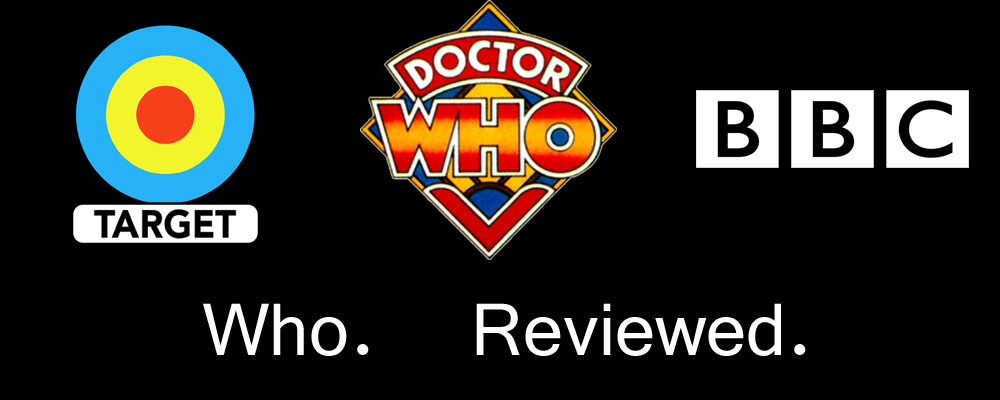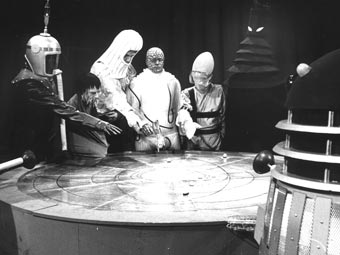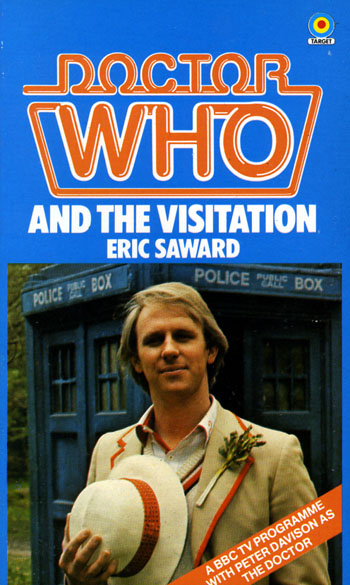I don't get why people (I'm looking at
you, Radio Free Skaro) rag on
Chris Chibnall. I'm not convinced he's the greatest script writer that
Who has, but every single one of his scripts has been perfectly ... functional. I'm a big fan of
42, while the Earth Reptile story in Series 5 didn't fascinate me, but was hardly dire. To be honest, functional is the best assessment of
Dinosaurs on a Spaceship. It's enjoyable and engaging but this is balanced by the darker turn it takes in conclusion.
One of the script's more disappointing features is that although the oncoming missiles are references regularly, they in no way increase the tension. They, like Nefertiti and the Silurians, are simply there as plot expediencies.
The presence of
historical figures Queen Nefertiti and the
game hunter Riddell was odd. That the Doctor would call someone who kills for sport a friend is jarring in the first place, but neither character actually served a specific script purpose that couldn't have been filled by a regular (or Rory's dad). Their role was so sidelined that it actually cheapens
their Nefertiti's involvement (Riddell being a fictional character). "What else would be cool on a spaceship with dinosaurs? I know, a famous Egyptian queen!"
The predicably hackneyed interplay between guest companions didn't help, but also added to the epilogue's "biggest boy-girl left turn"
since The Invasion of Time. In so doing, the script cheapened Nefertiti's to add the element of "and we all lived happily ever after". If you're going to give an explanation why a famous historical figure
drops abruptly out of recorded sight, at least give them the dignity of
an entire story about it, rather than a postscript.
 |
| Courtesy: seriable.com |
It was a
great acting performance by Rory and Brian Williams, wasn't it? Their shared mannerisms made them an ultimately believable father-son duo.
Nefertiti and Riddell didn't need to be there, let alone
travel in the TARDIS. The current "Let's let anyone go for a ride in the TARDIS" thing doesn't synch with a man trying so obviously to keep a low profile. Neither does it make you feel like the current "companions" are special - it's a wonderful, mind-blowing experience made valuable through it's rarity. That the Doctor chooses to travel with someone is the most incredible gift, a journey that elevates a character from "acquaintance" to "friend". With seemingly every second person taking a series of trips, the value of this gift decreases.
Although the
Mitchell and Webb robots weren't my idea of how a robot should act, they can be easily explained away as "Someone in the galaxy thinks this is how robots interact". However, it labours an already-loaded concept (dinosaurs, spaceships, silurians, Nefertiti and now squabbly robots).
It's obviously a
script based around a title. That said, the title says "fun" and that's Chibnall and director Saul Metzstein delivered. Basing episodes on concepts (eg. Skeletons in spacesuits) can be hit or miss. So it was a pleasant surprise when, despite the abject title, Chibnall's script was quite thoughtful. The Silurian presence was unexpected and the best possible story genesis, while using the almost-robotic Indian Space Agency was a deft touch that continued
Who's estrangement from the new series' anchor point, early 21st century Britain.
In two words: Kiddie fun.
Rating: A solid 3.











